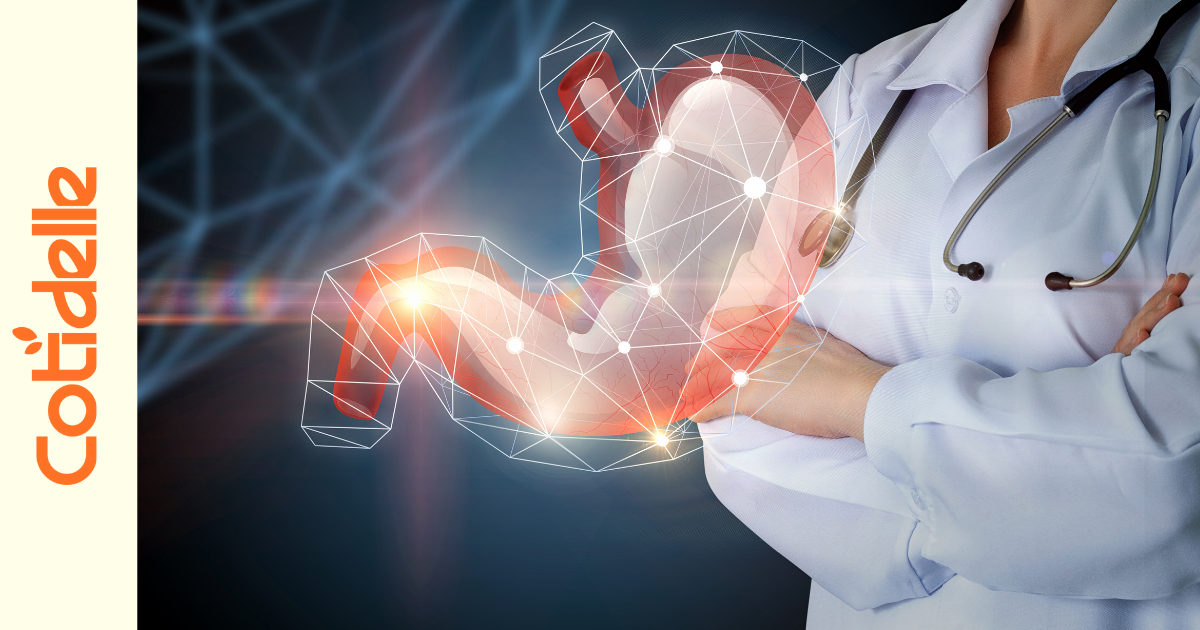Why Does My Stomach Always Feel Bloated?
If you’ve ever felt uncomfortable fullness or swelling after eating, you know how distracting and painful bloating can be.
But here’s the thing: bloating isn’t normal — it’s a symptom telling you your digestion isn’t working well.
For many women, bloating happens regularly. But why?
What Causes Bloating?
Bloating can come from many sources:
-
Imbalanced gut bacteria (dysbiosis)
-
Slow digestion or low stomach acid
-
Food sensitivities or intolerances (gluten, dairy, FODMAPs)
-
Stress slowing your gut motility
-
Constipation and poor hydration
Sometimes, these factors overlap — making bloating worse.
Can Probiotics Help?
Probiotics are live beneficial bacteria that help restore balance to your gut microbiome. But not all probiotics are created equal, and not every probiotic works for every symptom.
How Probiotics Support Digestion and Reduce Bloating
-
Restore Microbial Balance: Probiotics replenish good bacteria that help digest fiber and reduce gas-producing bacteria.
-
Improve Gut Barrier: Certain strains help heal the intestinal lining, reducing inflammation and “leaky gut.”
-
Support Motility: Some probiotics promote regular bowel movements, easing constipation-related bloating.
Enhance Enzyme Production: They can help break down food components that usually cause gas and discomfort.
What to Look for in a Probiotic for Bloating
-
-
Multiple strains: A combination of Lactobacillus and Bifidobacterium species works best.
-
High CFU count: Aim for at least 10 billion CFUs per serving.
-
Shelf stability: Probiotics that survive stomach acid and reach your intestines.
-
Non-dairy and allergen-free: Especially if you have sensitivities.
What Probiotics Can’t Do
-
-
-
Probiotics aren’t a cure-all. If you have food intolerances or serious gut conditions (like IBS or SIBO), you need tailored approaches.
-
They don’t instantly fix bloating; give your body time (4–8 weeks) to adjust.
-
Probiotics work best combined with diet and lifestyle changes (fiber intake, hydration, stress management).
-
-
If bloating is accompanied by severe pain, weight loss, or changes in stool, see a healthcare professional immediately.
Bloating isn’t something you have to live with. Probiotics, when chosen right, can be a powerful part of your gut-health toolkit, easing discomfort and improving digestion.
Remember, it’s about supporting your whole digestive system — not just popping a pill.


0 comments